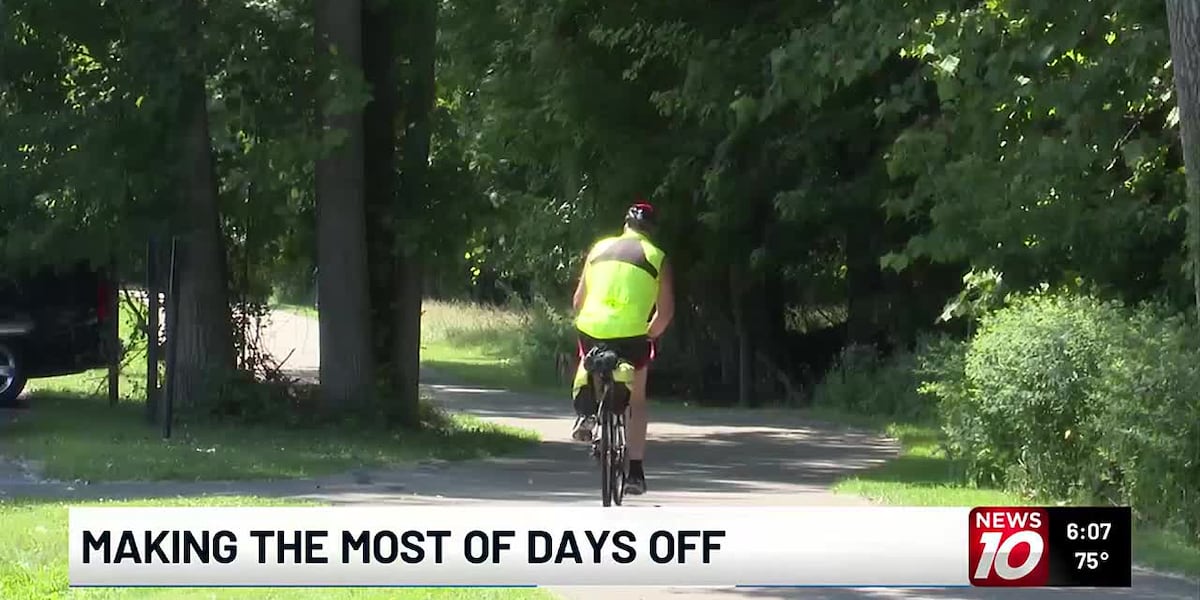Trump's Bill Could Backfire: Rural Healthcare at Risk for His Supporters

Donald Trump's proposed mega-bill, while touted as economic stimulus, carries a significant and potentially damaging consequence for a crucial segment of his voter base: those residing in rural communities and reliant on local hospitals and healthcare centres. A closer examination reveals that the bill's provisions could severely curtail funding for vital healthcare services, leaving many of his most loyal supporters vulnerable and potentially facing reduced access to essential medical care.
The Rural Healthcare Crisis: A Pre-Existing Condition
Rural America already faces a healthcare crisis. Hospitals are closing at alarming rates due to financial pressures, dwindling populations, and difficulties attracting and retaining medical professionals. These closures leave vast swathes of the population with limited or no access to emergency care, specialist services, and preventative healthcare. The existing healthcare landscape is fragile, and Trump’s proposed bill threatens to exacerbate this situation dramatically.
How the Bill Could Hurt Rural Communities
While the specifics of the bill are still being debated, several potential provisions raise serious concerns. Cuts to Medicaid and Medicare, frequently proposed as cost-saving measures, would disproportionately impact rural hospitals. These institutions rely heavily on these government programs to stay afloat, and reduced funding could force more closures. Furthermore, changes to the Affordable Care Act (ACA), particularly those related to subsidies and pre-existing conditions, could leave many rural residents uninsured or underinsured, further straining the already limited healthcare resources.
The Paradox: Trump's Voters Most Affected
It's a stark paradox: the very people who overwhelmingly supported Donald Trump are likely to be the hardest hit by the consequences of his proposed policies. Rural voters often prioritize issues like healthcare and economic stability, and this bill appears to undermine both. Many work in agriculture, manufacturing, or other industries that offer limited benefits, making them heavily reliant on government-funded healthcare programs.
Beyond Healthcare: Economic Ripple Effects
The closure of rural hospitals isn’t just a healthcare issue; it’s an economic one. Hospitals are major employers in rural communities, providing jobs for doctors, nurses, administrative staff, and support personnel. A hospital closure can trigger a domino effect, leading to job losses, decreased property values, and a general decline in the local economy. This creates a vicious cycle, further isolating rural communities and hindering their ability to thrive.
A Call for Reconsideration
It's imperative that policymakers – and particularly those who champion the interests of rural America – carefully scrutinize the potential impact of this mega-bill. Cutting healthcare funding may seem like a simple solution to reduce government spending, but the long-term consequences for rural communities, and for the political standing of those who advocate for them, could be devastating. A more nuanced approach is needed – one that prioritizes the health and well-being of all Americans, regardless of their zip code or political affiliation. Ignoring the needs of rural voters could prove to be a significant miscalculation, potentially alienating a key demographic and undermining the long-term stability of the nation.






